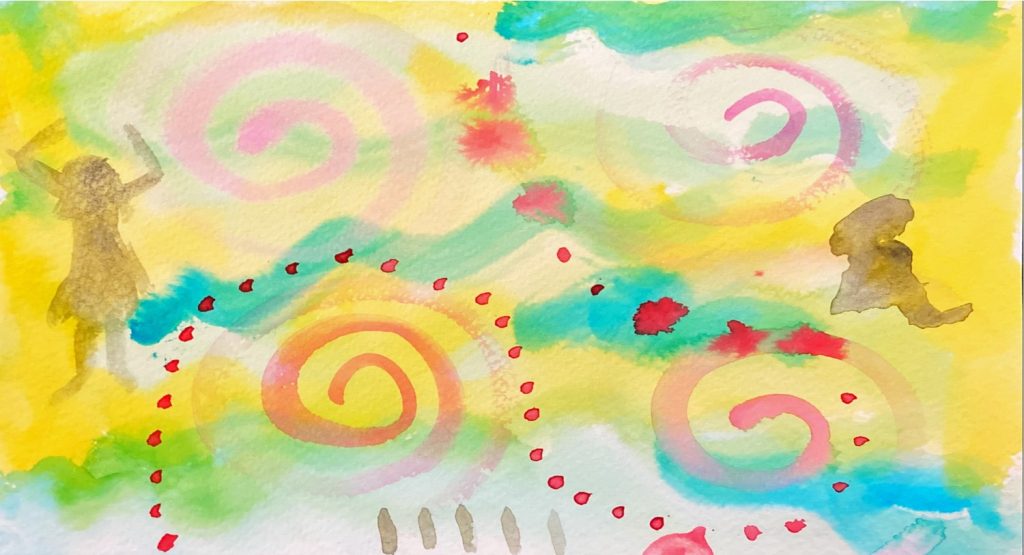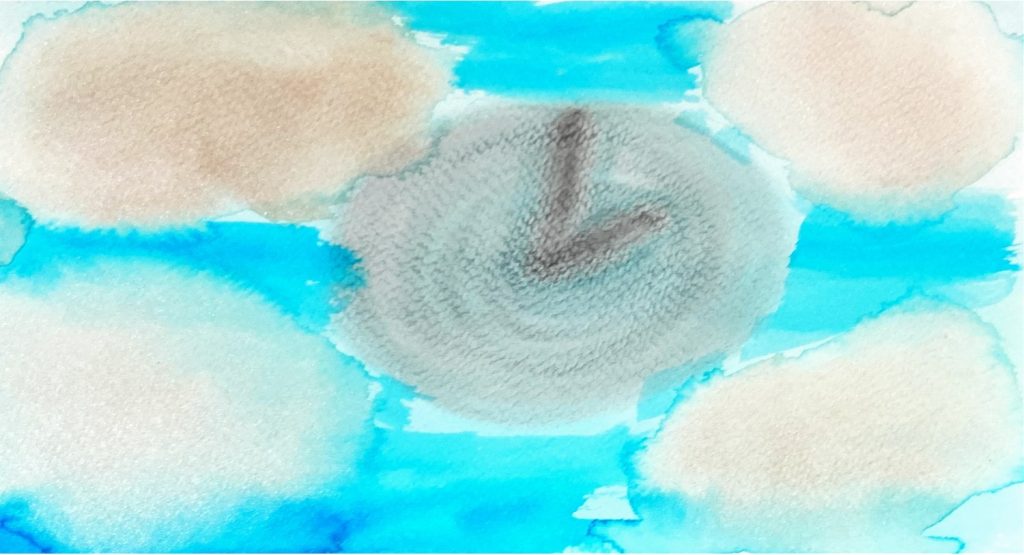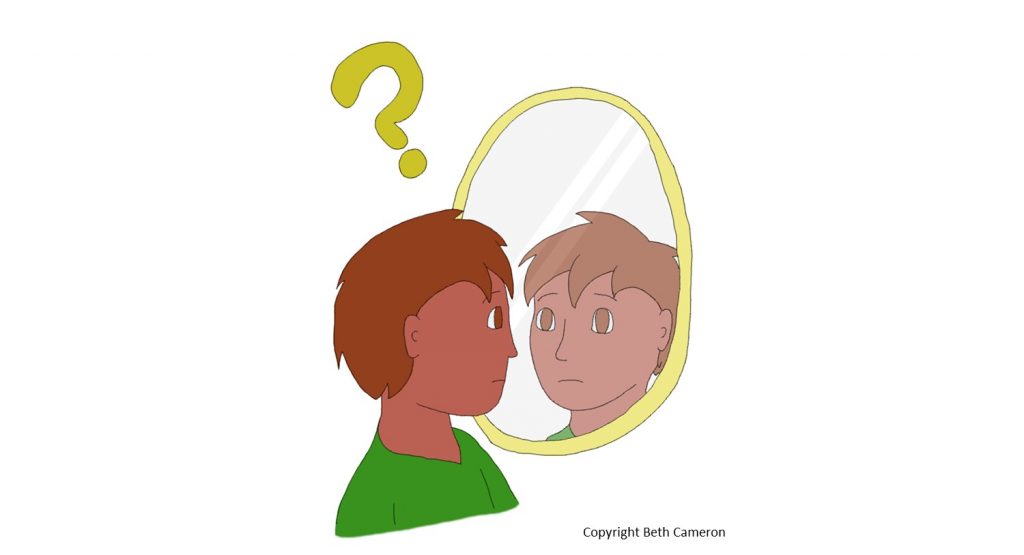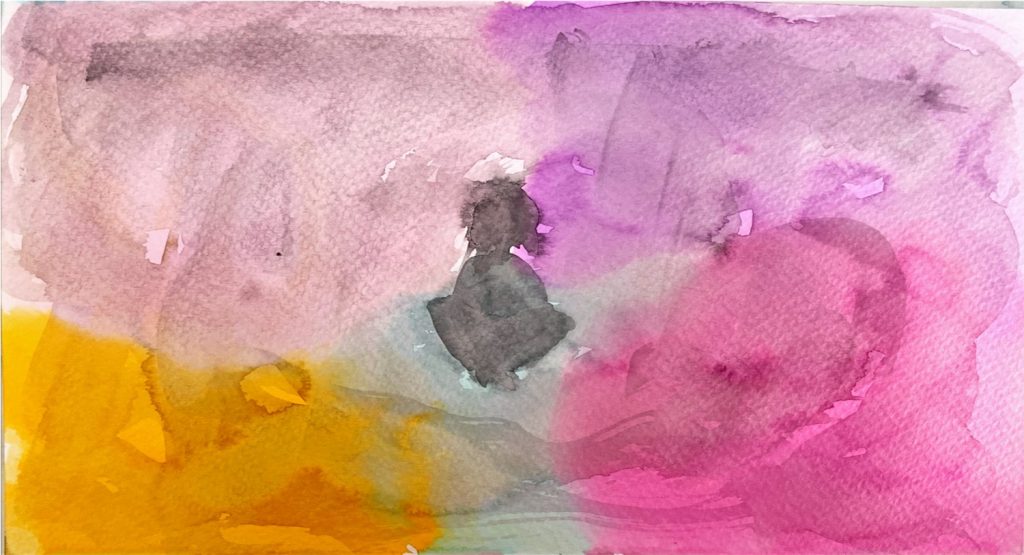
As we go about our days, our brains are working hard keeping us moving. There is so much our brains need to do that in the interests of survival, much of what our brains do is below our conscious control. Neuroscientists have estimated that up to 95% of our behaviour is unconscious. That means we automatically do those behaviours without choosing to do them.
The result of all this efficiency is that we can set an intention to change a behaviour, but our brains can undermine that with unconscious behaviours.
It is important to remember that this works with behaviours that are not related to trauma. It can help with those trauma behaviours in conjunction with counselling to attend to any trauma that is still impacting your life.
SO HOW DO WE GAIN THE CONTROL NEEDED TO CHANGE BEHAVIOURS?
We need to slow our brains down enough to recognise when we are starting to trigger the unconscious behaviour and act to stop that happening and allow our conscious brain to take over some of the work. This allows us to follow through on our intentions and make decisions about how we will act.
To do that, we need to practice. The more we practice, the more likely it is that we can control some of those impulses we don’t want to act on. When that happens we will build new neural pathways that build new behaviours. But this takes time.
SO HOW DO WE SLOW OUR BRAINS DOWN TO GIVE OURSELVES THE TIME TO BUILD THOSE NEW BEHAVIOURS?
Mindfulness. Mindfulness allows our brains to slow down. Mindfulness builds awareness of our thoughts and behaviours. Mindfulness installs traffic calming devices in our brains to slow down those rapid thoughts and behaviours. Mindfulness also clears the paths through the more intentional, slower brain processing to allow thoughts and behaviours to travel along those slower pathways.
SO HOW DO YOU ACTIVATE MINDFULNESS IN THE MIDDLE OF A BUSY DAY?
By practicing every day with the addition of small mindfulness pauses throughout the day, especially when you feel your brain is racing out of control.
How do you remember to practice mindful pauses?
- You may have a favourite chair you like to practice mindfulness in. Leave it somewhere where you will have to move around it. Use that slowing down to get around the chair as a reminder to sit in the chair and practice mindfulness.
- Use mindful eating so that meal times become an opportunity to practice mindfulness.
- Put notes up to remind you to pause and practice. Change the notes every few days to a week so you don’t get familiar with them.
- Set trigger points in various places. For example,
- if you get up set that as a reminder to take a short pause and have a slow in breath and out breath and set the intention to be mindful.
- If the phone rings, set that as a reminder to take a short pause and have a slow in breath and out breath and set the intention to be mindful.
- If you need to go to the bathroom, set that as a reminder to take a short pause and have a slow in breath and out breath and set the intention to be mindful.
You can think up other ways to take that short pause.
The great thing about this is that once you make these short pauses a habit, you will always associate those actions with that mindful pause. So you are well on your way to slowing down your brain and being more in control of your behaviour.
IF YOU HAVE SUFFERED TRAUMA THAT IMPACTS ON YOUR BEHAVIOURS IT IS BEST TO SEEK COUNSELLING.
If you would like to talk to me about how I can help you with your trauma, please contact me on 0409396608 or nan@plentifullifecounselling.com.au
If you would like to learn more, I write a regular newsletter with interesting information, tips, information on courses, and the occasional freebie. At the moment I have a free mindfulness meditation for anyone who signs up to my newsletter. This meditation offers a way to safely explore your feelings and learn to be okay with them. If you would like to subscribe please click on the link here: http://eepurl.com/g8Jpiz





